When research and design operate as one continuous process, the outcome is stronger. Design agencies can help with this. Experience shows that separating the disciplines weakens both, while integrating them leads to project experiences that solve problems people genuinely care about.
A loop ux approach ensures a continuous, end-to-end process for user experience research and design, allowing agencies to manage all aspects of UX studies for their clients globally and deliver comprehensive solutions.
Answer Lab, a UX research agency founded in 2004, demonstrates this integrated approach through qualitative and quantitative research that directly informs product development.
Agencies like Answer Lab stay ahead by monitoring industry trends to deliver innovative solutions. With decades of expertise, Answer Lab brings a wealth of experience to their integrated approach.
Why Integrated UX Services Matter
Research reveals what users need. Design transforms those insights into solutions. When they work together, teams align user needs with business goals in one smooth flow, delivering digital experiences that provide value to both users and businesses.
Integrated teams generate actionable insight that directly informs design decisions. Insights shape concepts early. Design choices get validated quickly. This cuts rework and shortens time to market.
Research without design creates insights that gather dust. Design without research creates beautiful products nobody wants to use. The integration of research and design leads to the transformation of products and user experiences.
Together, integrated teams are better equipped to meet and exceed user expectations, creating products that solve real problems in ways people genuinely enjoy.
Elements of a UX Research Plan
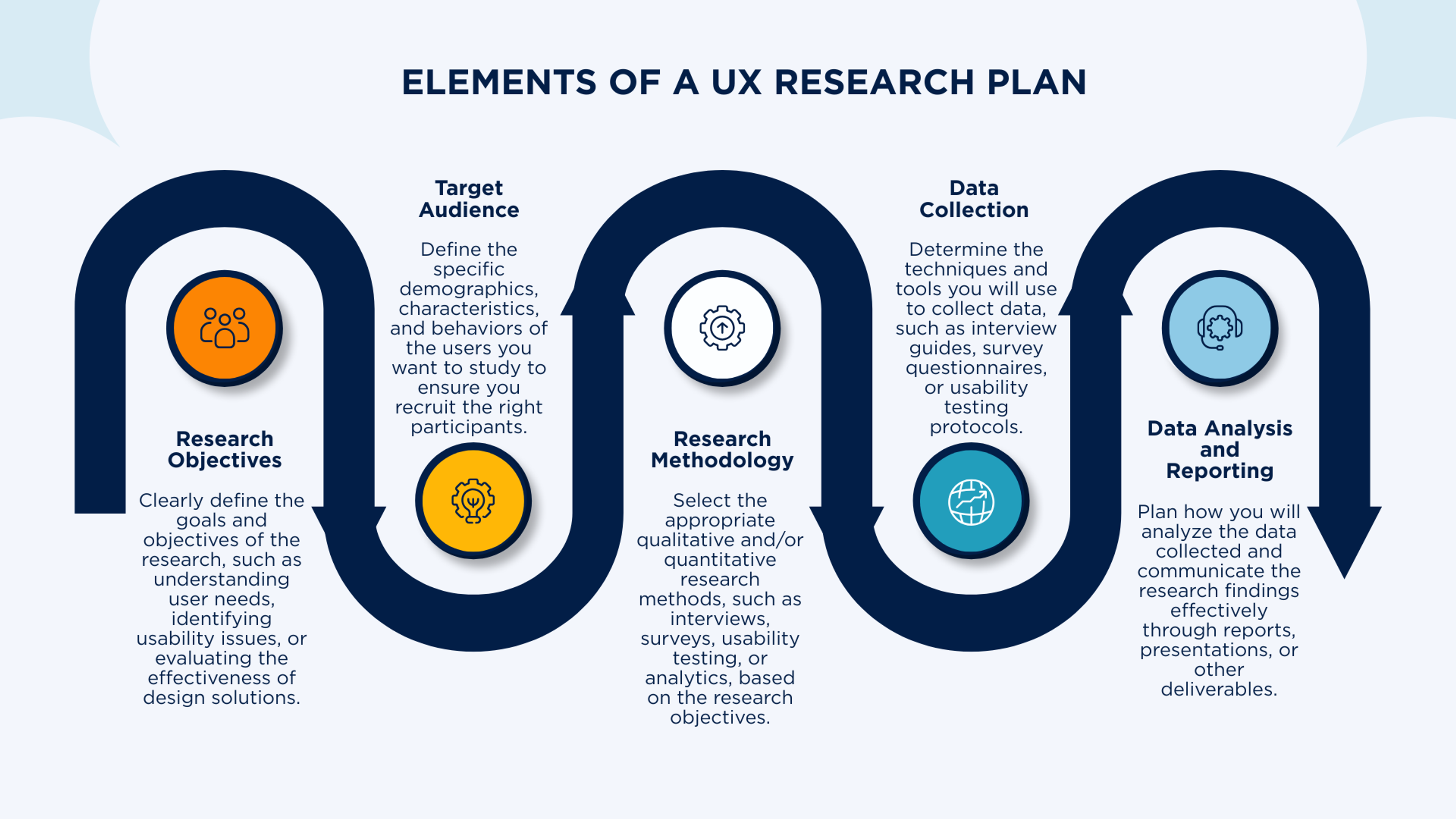
Which Services Can You Expect?
Research Services
User interviews and Jobs-to-Be-Done research clarify what people aim to accomplish. These conversations reveal why people choose specific tools, how they work, and what obstacles they encounter.
Teams focus on the underlying reasons behind behavior, using transparent and repeatable research practices designed to enhance user experiences in digital products.
• Interviews help uncover
• Goals
• Frustrations
• Real-world context of work and daily life
Usability testing reveals friction in user flows. Watching real people attempt tasks shows exactly where they struggle. In many teams, testing with about five users per sprint is enough to uncover the most critical issues.
A systematic research program enables organizations to collect and apply insights over time, reduce bias, and enhance their overall user experience strategy.
Behavioral analytics shows what happens when thousands of people use your product. Tools such as Google Analytics track what users actually do, not just what they say.
• At scale, teams look at
• Conversion funnels
• User paths and drop-offs
Careful evaluation of these findings ensures they lead to specific, actionable improvements in the experience.
Participant recruitment ensures you speak with the right people. This involves identifying representative users from your target segments and including individuals with accessibility needs. Ethical research practices protect privacy and respect cultural differences, so that insights are both trustworthy and responsible.
Design Concept Development
Research insights become concrete structures and narratives. Teams create information architecture that organizes content logically. They build wireframes that show how pages connect. A compelling story is woven into the design to engage users and support strategic goals.
They develop visual direction that expresses strategy, strengthens brands, and communicates their identity. Creativity plays a key role in developing effective design concepts that drive meaningful results.
Design thinking principles guide teams to test comprehension and task clarity before investing time in polished designs. Early feedback prevents costly mistakes later.
Prototype Validation
Clickable prototypes let users try key tasks before development starts. These interactive models feel real enough to generate genuine reactions and feedback. Prototypes are tested to ensure they meet user needs and expectations.
Quick tests confirm whether navigation makes sense and interactions work as expected. Teams use these findings to iterate rapidly and clarify requirements for engineering, helping ensure the final product meets both user and business goals.
Benefits of Prototyping by Clay
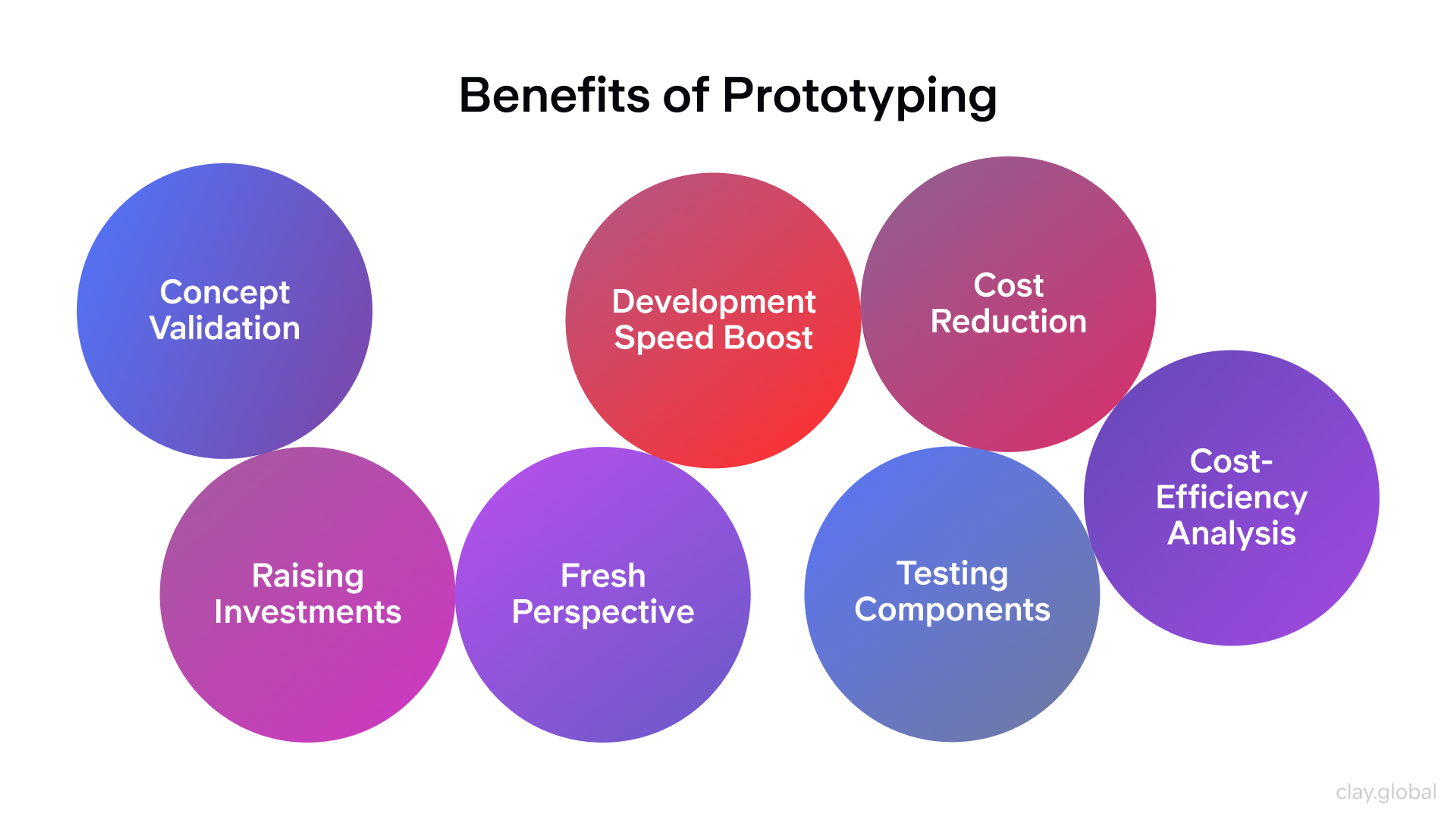
Agile and Continuous Discovery
Research happens every sprint, not just quarterly. A continuous discovery approach keeps teams connected to user needs as products evolve. This ongoing process enables organizations to grow and adapt to changing user needs.
Teams frame hypotheses tied to specific outcomes they want to achieve. They run lightweight tests with five to eight users, often remotely to save time and money.
Analytics reviews happen after each release to see what actually changed in user behavior. Teams review past research cycles to inform future planning and improvements, feeding these learnings into planning sessions to improve their process.
Metrics That Matter
Google researchers developed the HEART framework to organize UX metrics. HEART stands for Happiness, Engagement, Adoption, Retention, and Task Success.
The goal is to track a small, stable set of metrics tied to clear UX and business objectives, rather than measuring everything. Focusing on the right metrics leads to measurable results and helps teams prove the impact of their UX work.
Within HEART, teams often focus on:
- Task success rate: Shows whether users can complete core tasks. This often matters most because it directly connects to user satisfaction and business success.
- Time on task: Measures how efficient user flows are. Faster completion usually indicates a better experience, although some tasks naturally require more time.
- Conversion rate and bounce rate: Show whether UX changes influence key business outcomes. These metrics connect improvements in user experience to revenue and growth.
- Customer satisfaction, Net Promoter Score (NPS), and the System Usability Scale (SUS): Capture how users feel after important moments and provide a standardized view of usability. Emotional responses often predict long-term loyalty more effectively than behavioral metrics alone, providing actionable insights for ongoing product development and improvement.
Experience Architecture and Systems Thinking
Great user experience extends beyond single screens or features. Teams must map the end-to-end journey, including what happens before and after people use the product. Mapping the user journey helps the entire organization align on user needs and ensures that insights are shared across departments.
Journey mapping reveals moments where user opinions form most strongly. It also helps teams navigate complex user interactions across multiple channels, allowing them to remove friction and keep handoffs consistent.
Systems thinking helps teams understand how changes in one area affect the entire experience. A small improvement in onboarding might reduce support tickets months later.
Content Strategy and UX Writing
Microcopy guides user behavior more than most teams realize. Clear labels, helpful error messages, and concise helper text lower cognitive load and increase conversion rates. Inspiring microcopy can motivate users to take action.
Teams test critical copy like calls-to-action and onboarding messages just like they test layouts and visual designs. Small word changes often have big impacts on user behavior.
Content strategy ensures that all writing supports user goals while reflecting brand personality. Consistent voice and tone create trust and familiarity across different touchpoints. Content strategy also aims to create messages that resonate with the target audience.
Content Strategy & Governance
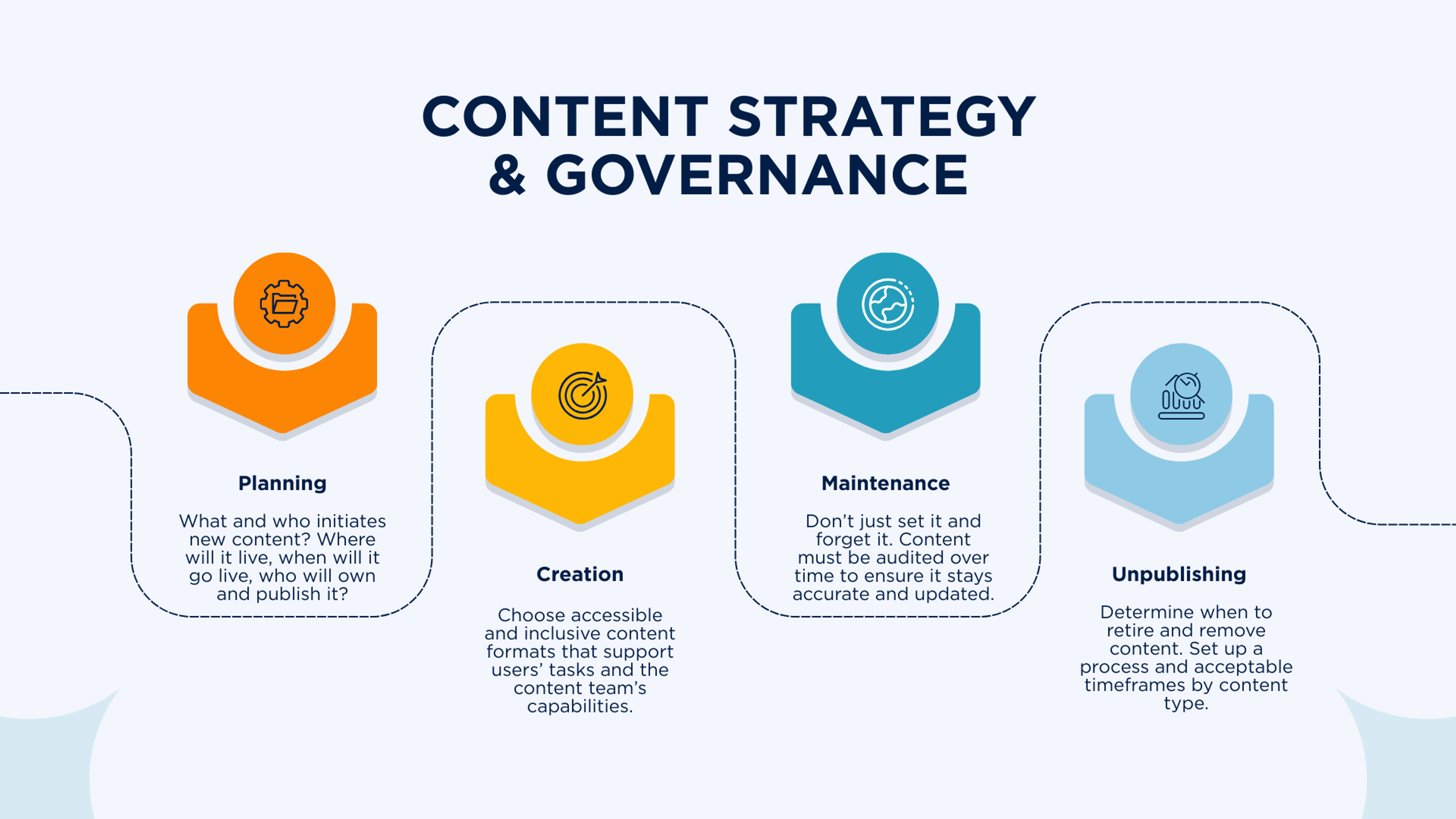
Tools That Facilitate Integration
The right stack turns research into design decisions faster. Having the right resources is essential to support integrated workflows and ensure teams have access to educational materials, tools, and support.
Choose platforms that enable real-time collaboration, shared evidence, and clear traceability from insight to interface. These tools can also be used to generate comprehensive reports that document research findings and design decisions.
Figma
Real-time co-creation on the same files with comments and version history keeps feedback in context. Use FigJam to map user journeys, cluster findings, and annotate wireframes next to evidence. Dev Mode improves handoff, while Figma AI helps explore variants and tidy notes.
While Figma dominates collaborative design, alternatives like Miro or Adobe XD offer different strengths for specific team needs.
Dovetail
A centralized repository for qualitative data. Import transcripts and recordings, tag and code moments, synthesize themes, and share highlight reels. Findings stay searchable and evidence-backed, so designers can reference clips and quotes instead of sifting through raw docs.
Notion
A living knowledge base for personas, research findings, and design decisions. Databases and templates keep studies consistent. Notion AI surfaces answers from your workspace instantly. With Notion Calendar, research sessions and debriefs stay linked to the docs that inform them.
Why It Matters
With Figma, Dovetail, and Notion working together, research flows into design sprints and back again. Teams reduce friction, keep stakeholders aligned, and ship user-centered solutions with greater confidence.
Real-World Case Studies
Zyllem
Zyllem, a logistics company operating across Southeast Asia, struggled with high failure rates in last-mile deliveries. Operating in both city and rural environments, they faced inconsistent addressing systems and varying smartphone adoption.
UX researchers conducted in-context interviews with delivery drivers, small business partners, and end customers. They discovered that people in different regions used landmarks, not addresses, to give directions. Many delivery drivers preferred call-based confirmations over map-based navigation.
Designers restructured the app’s navigation flow to incorporate voice notes, community-sourced landmarks, and offline-friendly routing. Traditional logistics companies like DHL and FedEx face similar last-mile challenges, but Zyllem’s culturally-adapted approach gave them a regional advantage. The logistics industry, like many other industries, faces unique challenges that require tailored UX research and innovation.
Source: zyllem.com
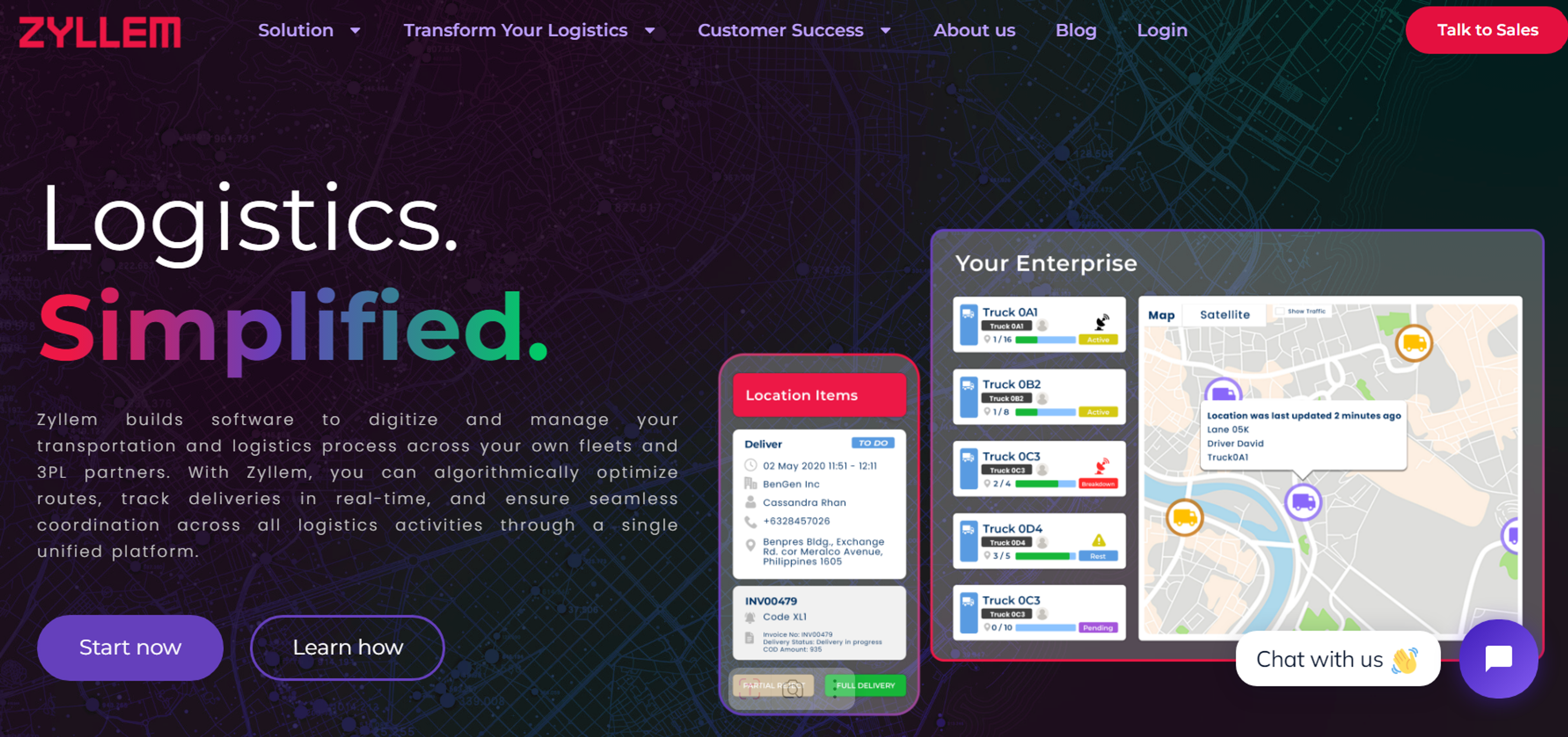
Slack
Slack is one of the most popular communication and collaboration platforms. Today, millions of users enjoy a seamless experience that enhances productivity.
By combining UX design and UX research, Slack created an intuitive experience that resonates with users. The team conducted extensive user testing and feedback sessions to understand user needs and pain points.
The product manager worked closely with the research and design teams to ensure user needs were met throughout the development process. This data revealed how users interact with the platform and identified areas for improvement.
The design team used these insights to refine the interface, optimize navigation, and introduce features like custom channels and direct messages for increased collaboration.
Slack demo by Clay
We partnered with Slack to design an interactive demo experience tailored to three different audiences: new users, existing users unaware of all features, and business leaders. Through thoughtful animations, intuitive onboarding, and optimized screen resizing, the demo effectively communicated Slack’s benefits.
These measures improved user satisfaction ratings across the board, proving that integrating both disciplines can immensely impact a digital product’s success. This integrated approach led to a transformation in Slack's user experience. While Slack pioneered this integrated approach, alternatives like Microsoft Teams and Zoom have since adopted similar research-driven development practices.
Pieta
Pieta, a mental health app launched in the UAE, took a radically different approach than its Western counterparts. Rather than importing pre-existing design patterns from global wellness apps, the team built the product from the ground up using ethnographic research and deep cultural immersion.
Researchers explored how people in the region discuss mental health, what visual language evokes safety and trust, and how support systems function across extended families and community networks.
The app featured guided audio content in local dialects, faith-sensitive language, and peer-support tools tailored to collectivist values.
Source: pieta.ie
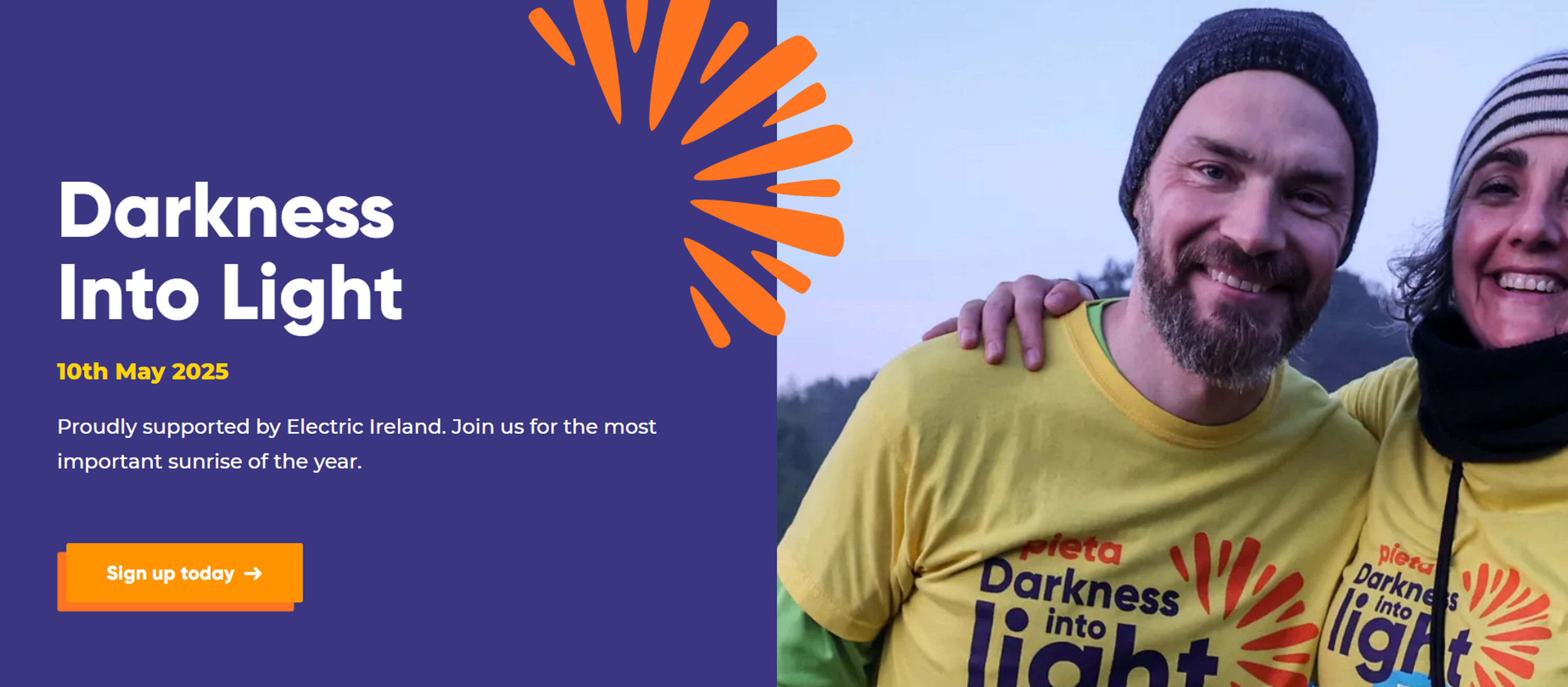
FAQ
What Skills Do You Need For UX Research?
Key skills for UX research include user interviewing, usability testing, data analysis, empathy, and communication. Strong problem-solving and the ability to translate findings into actionable design insights are also essential.
What Are The 4 Stages Of UX Research?
The 4 stages of UX research are Discovery, Exploration, Testing, and Implementation. These stages guide the process from understanding user needs to validating design decisions before final delivery.
What Qualifications Do I Need To Be A UX Researcher?
A UX researcher typically needs a degree in design, psychology, human-computer interaction, or a related field. Practical experience in usability testing, research tools, and data interpretation is often valued more than formal education.
Does UX Design Require Coding?
UX design does not require extensive coding. While basic knowledge of HTML, CSS, or JavaScript can help with prototyping and collaboration, most UX work focuses on research, design strategy, and user testing.
What Are The 5 Elements Of UX?
The 5 elements of UX are Strategy, Scope, Structure, Skeleton, and Surface. These layers move from defining user needs to designing the final visual interface.
Read more
Conclusion
Integrating UX research and design turns insight into impact. Teams keep the feedback loop tight, measure what truly matters, and iterate every sprint. Experience shows that treating research and design as complementary activities leads to better products and more confident teams.
With the right focus and a practical toolkit, you create experiences users understand, enjoy, and choose again - demonstrating the importance of creating user-centric experiences through integrated research and design.
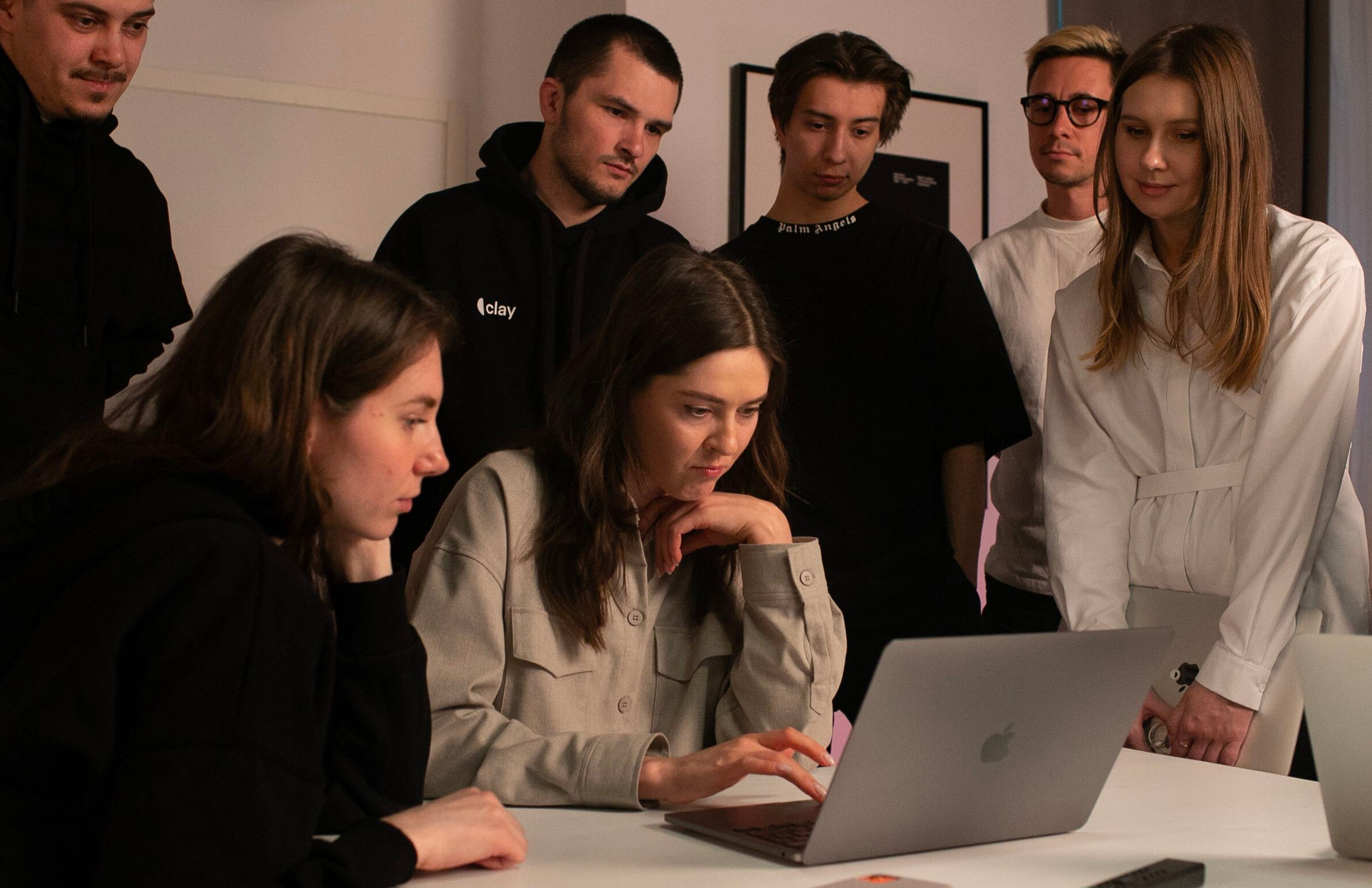

About Clay
Clay is a UI/UX design & branding agency in San Francisco. We team up with startups and leading brands to create transformative digital experience. Clients: Facebook, Slack, Google, Amazon, Credit Karma, Zenefits, etc.
Learn more

About Clay
Clay is a UI/UX design & branding agency in San Francisco. We team up with startups and leading brands to create transformative digital experience. Clients: Facebook, Slack, Google, Amazon, Credit Karma, Zenefits, etc.
Learn more


